The 1956 Washington Quarter is a fascinating coin in the long-running series of Washington Quarters, which have been minted since 1932. This particular year holds a special place for collectors, with many eager to understand its value, the various types available, and any unique characteristics it may possess. In this article, we’ll explore the different varieties of the 1956 Quarter, its value in different grades, and any notable errors. Let’s dive in!
The 1956 Washington Quarter: A Quick Overview
This Article Includes
The Washington Quarter, featuring a portrait of George Washington on the obverse and a bald eagle on the reverse, has been a staple of U.S. coinage for nearly a century. The 1956 version is a part of this ongoing series, with over 76 million coins minted across two locations: the Philadelphia and Denver mints. These coins are primarily made of 90% silver and 10% copper, which has helped maintain their appeal among collectors.
1956 Quarter Value by Mint Mark
The value of the 1956 Washington Quarter varies depending on its mint mark and grade. There were two mint locations in 1956: Philadelphia and Denver. Coins minted at Philadelphia do not have a mint mark, while those minted in Denver feature a small “D” below the eagle on the reverse side.
1956 No Mint Mark Quarter (Philadelphia Mint)
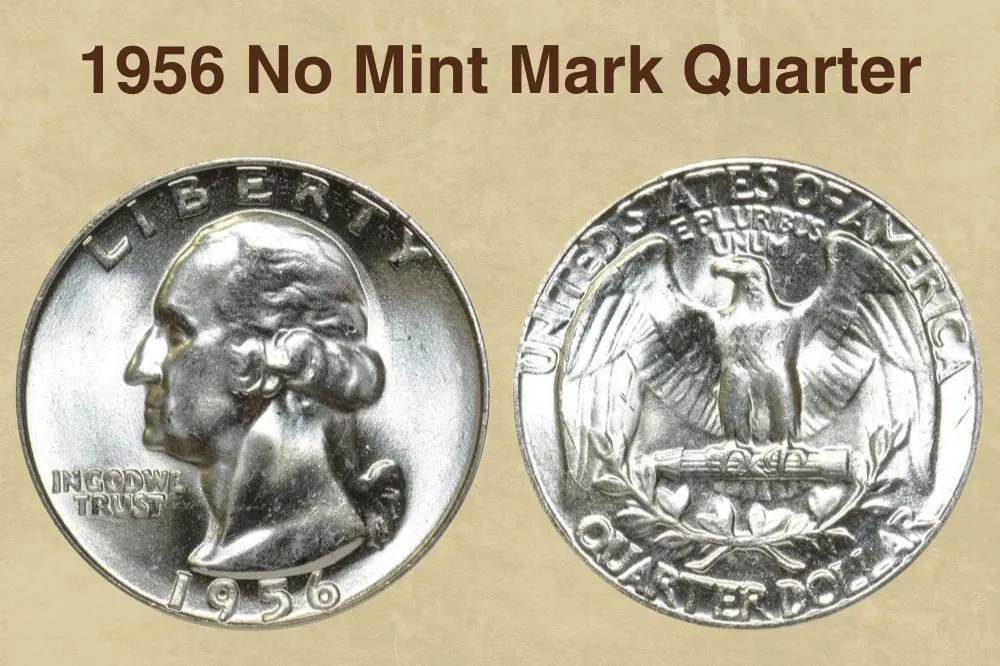
Philadelphia was the first U.S. mint and continued to produce coins without mint marks until 1980. The 1956 No Mint Mark Quarter saw a total mintage of 44,144,000. Due to the large mintage, these coins are not rare but still hold value. In circulated conditions, these quarters are worth their silver content, which is approximately $5. However, if the coin is in excellent condition, its value can increase dramatically.
| Grade | Value |
| MS60 | $10 |
| MS65 | $28 |
| MS67 | $90 |
| MS68 | $8,000 |
Coins in higher grades, such as MS67 or MS68, are the most sought-after by collectors. For example, a record auction price of $4,560 was paid for an MS67+ coin with stunning coloring. If your 1956 No Mint Mark Quarter is in MS68, it could fetch up to $8,000 or more!
1956 D Quarter (Denver Mint)
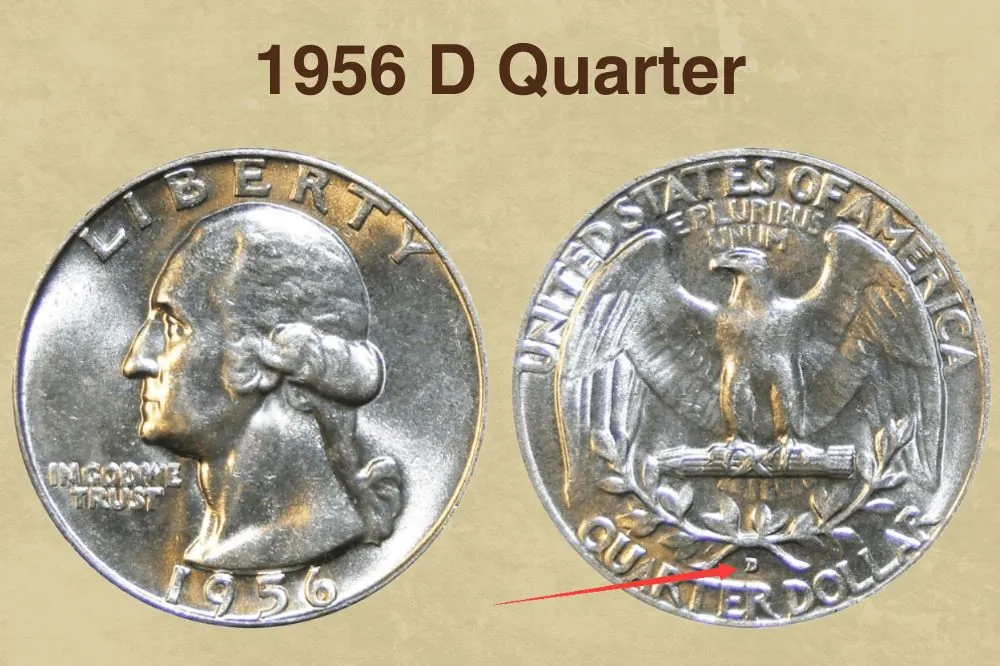
The Denver Mint produced 32,334,500 1956 D Quarters. These coins are less common than their Philadelphia counterparts, which can make them more valuable, particularly in higher grades.
| Grade | Value |
| MS60 | $10 |
| MS65 | $30 |
| MS67 | $525 |
Due to the lower mintage and greater scarcity in higher grades, the 1956 D Quarter can be worth more than its Philadelphia counterpart in MS67 or higher. A well-preserved MS68 Denver Quarter could sell for over $10,000, especially if it features attractive toning or rainbow hues.
Proof Coins: The 1956 No Mint Mark Proof Quarter
Proof coins are specially made for collectors and feature a polished finish. In 1956, 669,384 proof quarters were minted. While these proof coins are still available, their value is contingent upon their grade and overall condition.
| Grade | Value |
| PR60 | $8 |
| PR65 | $24 |
| PR69 | $38 |
| PR70 | $50 |
The most valuable proof coins are those graded PR69 and PR70, especially if they have a striking cameo effect. The highest auction record for a 1956 proof quarter is $3,819, set for a PR69 coin with a distinct cameo contrast.
Grading the 1956 Quarter
Understanding the grading scale is crucial to determining the value of a coin. Coins are graded on a scale from 1 to 70, with 70 being the highest grade. Coins are classified into two categories: Mint State (MS) for coins meant for circulation, and Proof (PR) for coins made for collectors.
| Grade | Description |
| 1–20 | Worn or damaged |
| 60–70 | Mint State (MS) |
| 65–70 | High-quality proof |
A coin’s grade significantly affects its market value, with higher-grade coins commanding much higher prices.
Errors and Unique Features of the 1956 Quarter
While error coins are prized by collectors, the 1956 Washington Quarter doesn’t feature many significant errors. However, there are a few noteworthy variations to keep an eye out for.
Die Chip Error: The “Double Bar 5”
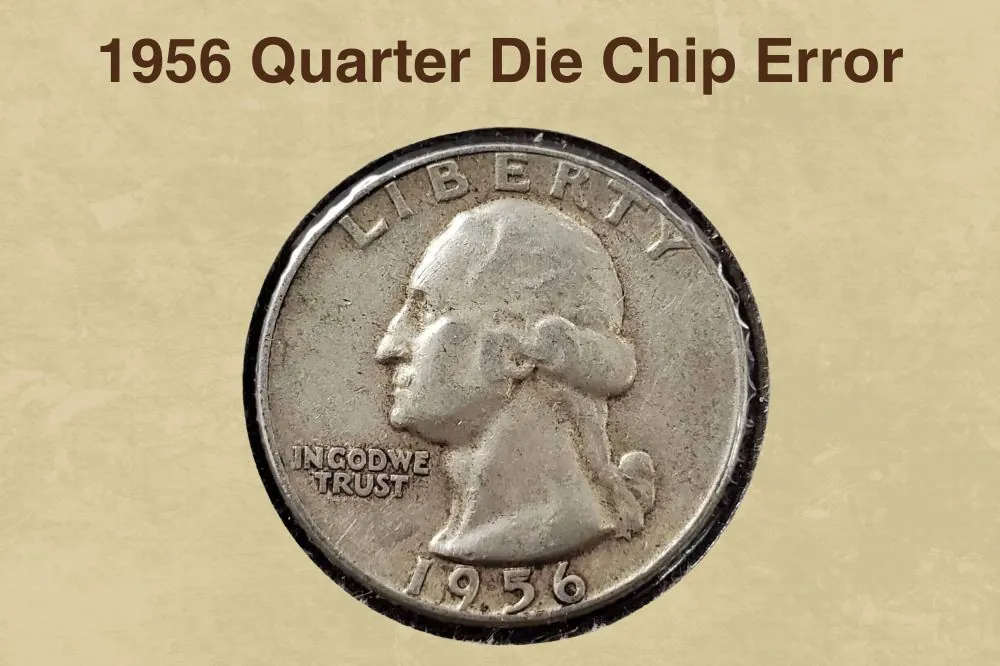
One known error is the “Double Bar 5” caused by a die chip. In these coins, the top line of the “5” in the date appears to have a second line beneath it. This error is not extremely rare but can still be sold for a premium if the coin is in good condition, typically around $50.
Type B Reverse
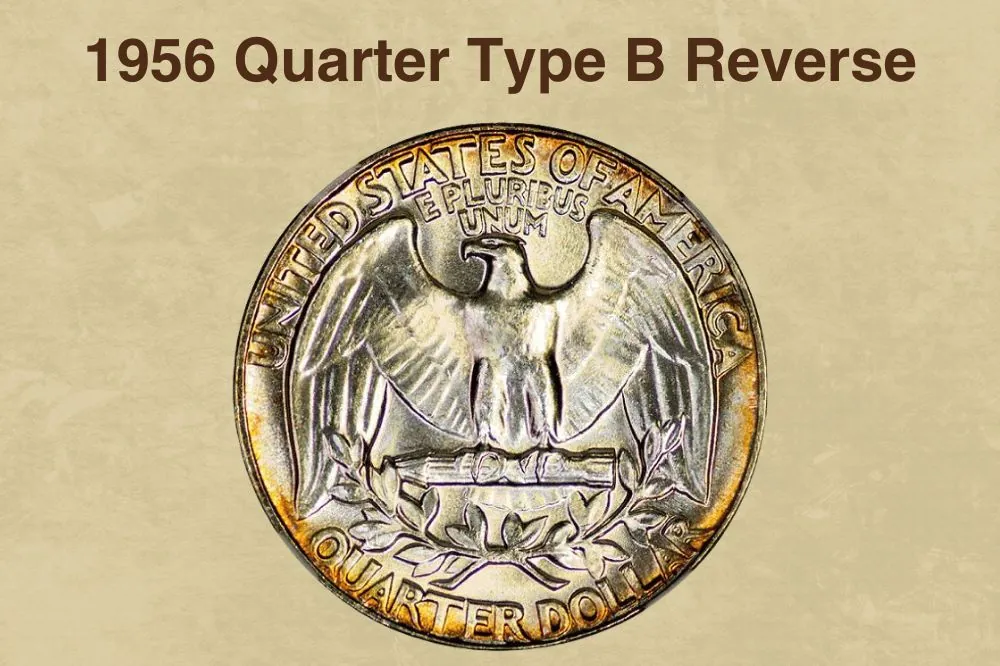
The “Type B Reverse” is not strictly an error but rather a unique feature. Due to a shortage of dies, some business-strike 1956 Quarters were struck using old proof dies. This resulted in a slightly different spacing between the letters in “UNITED STATES OF AMERICA,” particularly between the “E” and “S” in “STATES.” These coins, though not highly valuable, can still fetch around $30 for an MS60 coin.
Conclusion: What Is Your 1956 Quarter Worth?
The value of a 1956 Washington Quarter depends on several factors: its mint mark, its condition, and any unique features such as toning or errors. Coins from the Philadelphia Mint are common and typically worth around $10 in circulated condition, while those from Denver tend to be slightly more valuable. Proof coins are also valuable, particularly in higher grades. If your 1956 Quarter is in excellent condition, especially with a striking appearance or rare grading, it could be worth thousands of dollars. Always ensure to get your valuable coins authenticated to avoid any mistakes.
With the information provided in this article, you now have a deeper understanding of the 1956 Washington Quarter, its grading system, and its value. Whether you’re a seasoned collector or just starting, knowing these details will help you make informed decisions about your coins.
Read More:
THIS IS ONLY A BLOG POST FOR INFORMATION – WE DO NOT BUY, SELL, OR APPRAISE THESE ITEMS

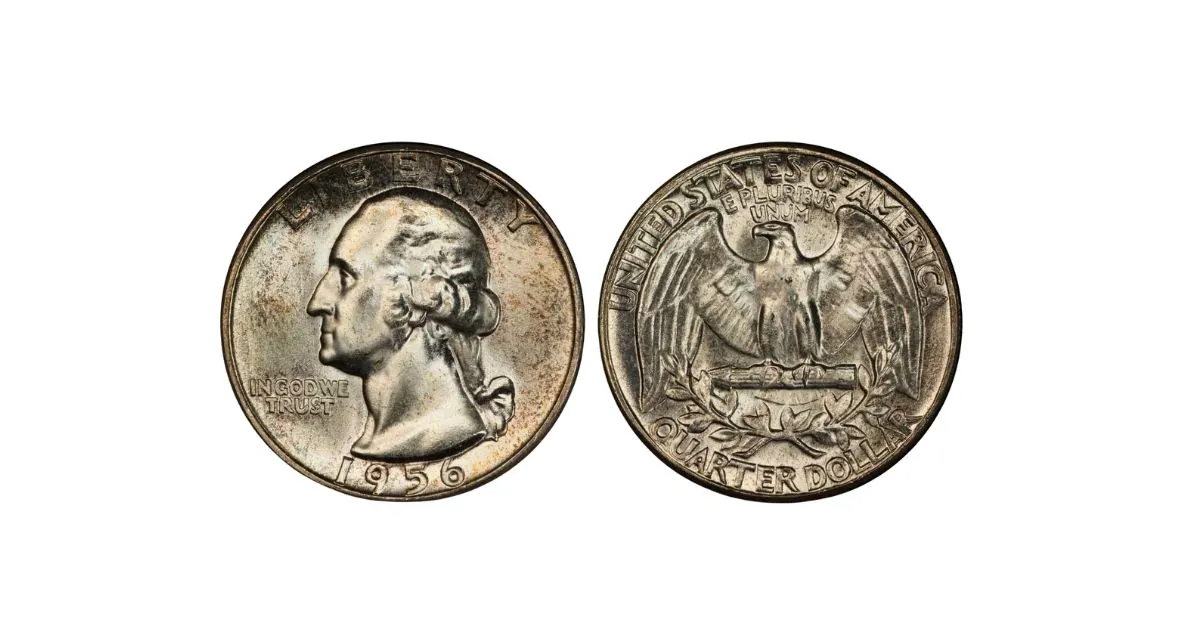
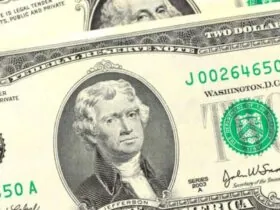
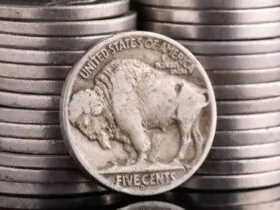
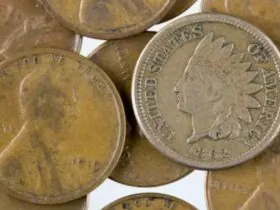

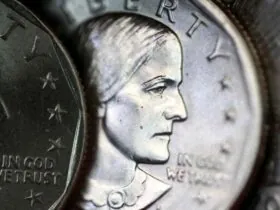
Leave a Reply